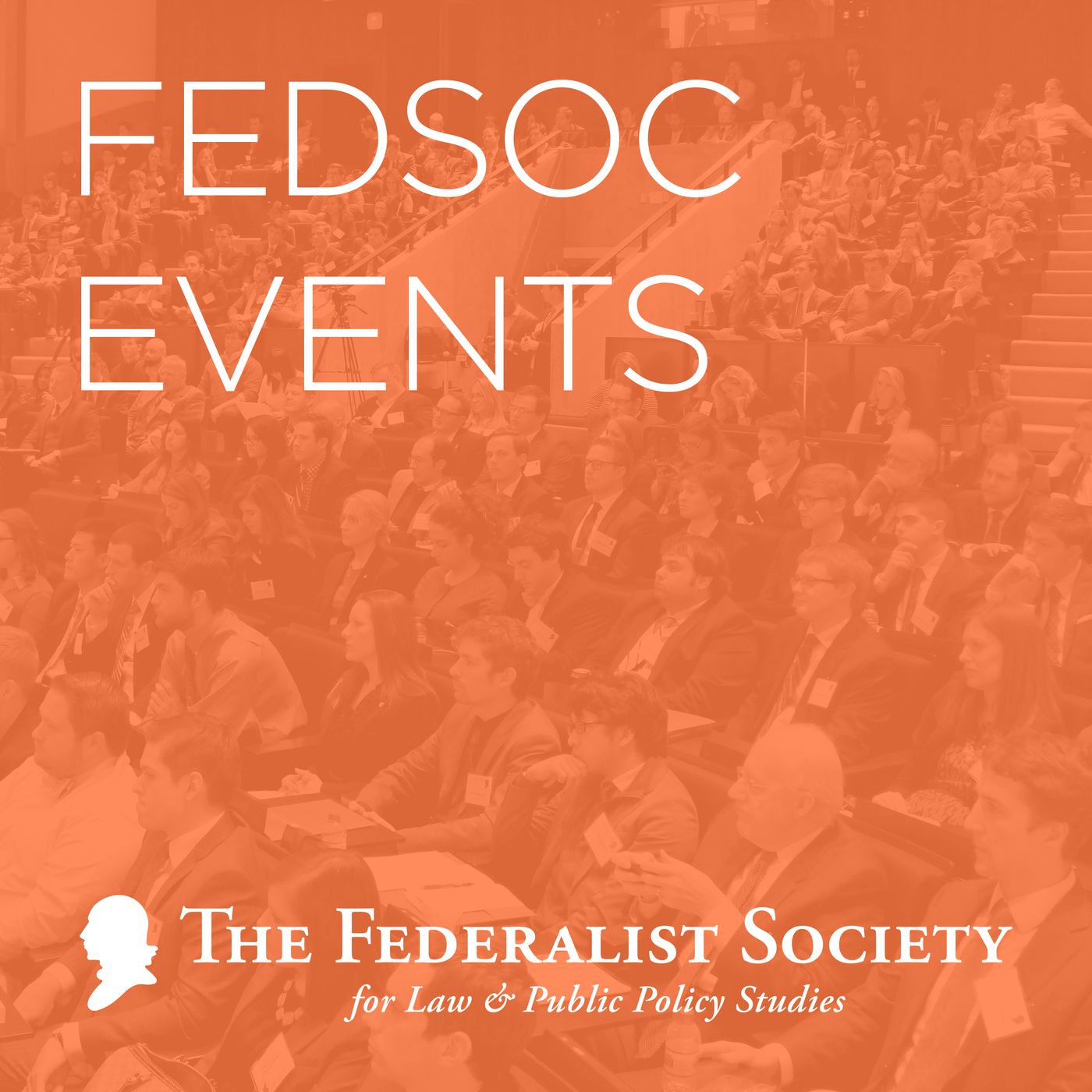Religious Liberty in the Work-and-Market-place
Description
The Supreme Court’s decisions in 303 Creative LLC v. Elenis and in Groff v. DeJoy posed issues about religious freedom in the workplace and religiously motivated speech in the marketplace. This panel will consider the cases and their implications for religious freedom, especially how future cases might apply the tests articulated by the Court for “substantial costs” to a business for making an accommodation in Groff, and for what counts as expressive messages protected against the application of state anti-discrimination laws under 303 Creative. The panel will also consider the broader question of if there is value in accommodating religion in the workplace despite conflicts with employer preferences, and likewise, if there is a value in accommodating businesses (especially small businesses, where this typically arises) in light of broader societal preferences (such as non-discrimination law). Observers indicate that Title VII represents statutory values and 303 Creative raises Free Exercise constitutional values, but both cases pose questions about making room for faith in public life.
Featuring:
Prof. William Eskridge, Alexander M. Bickel Professor of Public Law, Yale Law School
Ms. Erin M. Hawley, Senior Counsel, Alliance Defending Freedom
Mr. Aaron Streett, Chairman, Supreme Court and Constitutional Law Practice, Baker Botts LLP
Mr. Adam Unikowsky, Partner, Jenner & Block LLP
Moderator: Hon. S. Kyle Duncan, United States Court of Appeals, Fifth Circuit
Overflow: Cabinet & Senate Rooms
More Episodes
Published 10/15/24
Published 10/15/24
This year's roll-out of the new Free Application for Federal Student Aid (FAFSA) has changed postsecondary education for students, institutions, and federal policymakers. This evolving landscape will be explored by Emmanuel Guillory from the American Council on Education, Steve Taylor from the...
Published 08/06/24


